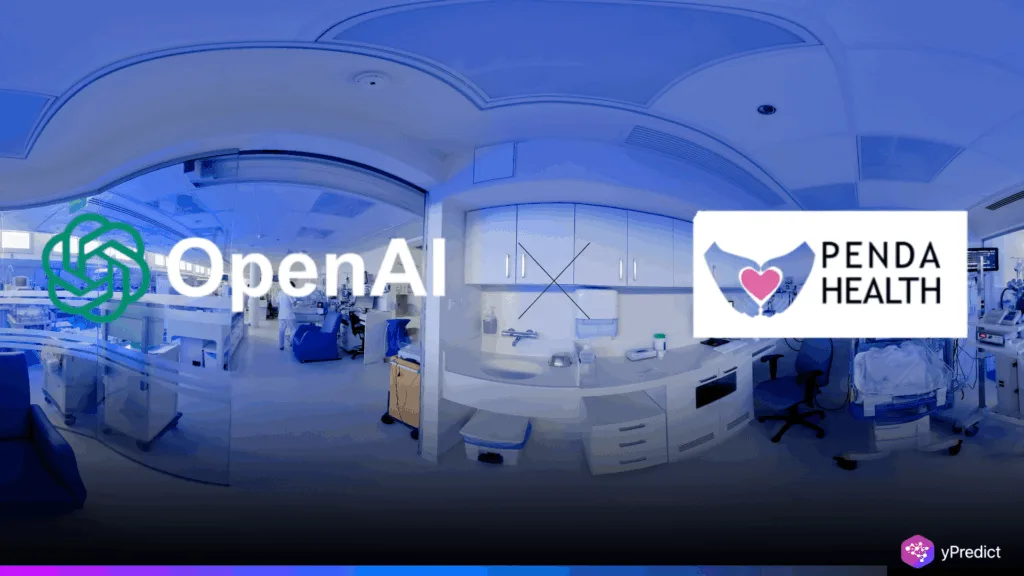
A study has confirmed the value of AI clinical copilot in frontline healthcare. The AI Consult tool was tested in 15 clinics throughout Nairobi as part of an OpenAI and Penda Health partnership. An analysis of more than 39,000 patient visits showed that the use of AI reduced diagnostic errors by 16%. Additionally, it demonstrated a 13% reduction in treatment errors. The innovation bridges the gap between the practical implementation of advanced models in daily health technology operations and their capabilities.
How Much Can AI Improve Clinical Decisions?
The OpenAI and Penda Health study‘s success was fueled by specialized development and robust regulatory support. Penda’s group developed AI Consult to operate covertly while interacting with patients. It improved workflow rather than interfering with it, only stepping in when problems presented potential hazards.
Additionally, while maintaining strict patient safety standards, this selective alert system decreased information overload. Feedback alerts came in three levels, which are green for all-clear, yellow for caution, and red for critical issues. Only red alerts required immediate attention. This approach improved clinicians’ confidence and maintained their autonomy in making decisions while utilizing advanced medical technology.
AI Clinical Copilot Helps Doctors Avoid Critical Mistakes
AI Consult considerably enhanced a number of care phases throughout the trial. There was a 32% increase in history-taking accuracy and a 10% improvement in investigation suggestions. These findings demonstrate that in complex situations, it can assist skilled clinicians rather than take their place.
All respondents felt the tool improved the quality of their care, which demonstrated the survey’s value. Furthermore, 75% said that it led to notable improvements in clinical results. OpenAI’s Karan Singhal discussed the study on X, highlighting the collaboration and its successful execution.
Clinician Adoption Rises with Smart AI Clinical Copilot Design
The system’s technical performance was only one aspect of its success. Penda promoted consistent usage through peer feedback, one-on-one coaching, and structured onboarding. Thus, this proactive rollout approach further protected patient safety by addressing the majority of red-alert situations early.
Clinicians’ decisions were modified over time, even before feedback was received, indicating that the tool affected their internal assessment. It acted as a catalyst for improved clinical reasoning. Thus, these changes in behavior suggest that the AI system will be useful for education in the long run. OpenAI and Penda Health are looking into how well the AI clinical copilot will perform in medical specialties in the future.
Will AI Bridge the Healthcare Quality Gap?
The effective application of AI Consult in Nairobi offers a practical example of how to apply AI in healthcare in a safe manner. Its capacity to reduce errors, enhance clinical learning, and seamlessly integrate into workflows represents a major advancement. Furthermore, the study demonstrates that AI tools can improve patient safety and health technology systems with proper design and assistance. This collaboration offers a timely and effective framework.






